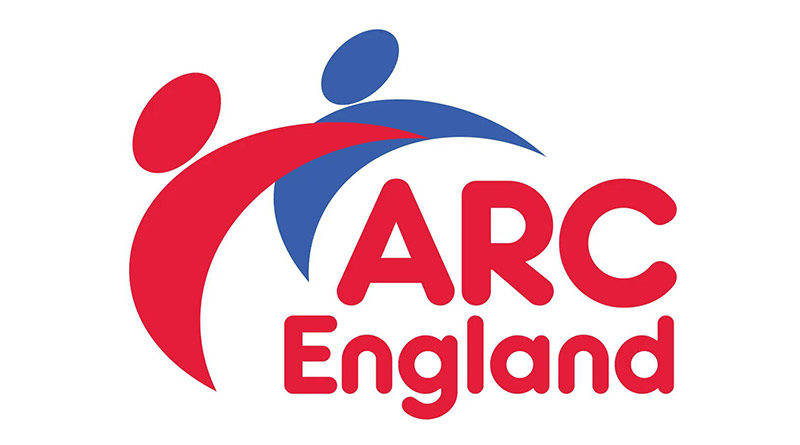ARC England CEO Barometer Survey Shows Provider Confidence in Sector is Declining
The Association For Real Change (ARC England) Learning Disability Research Unit today publishes the findings of the first CEO Barometer, which found that the overall level of confidence that CEOs have in the social care sector is declining.
The CEO Barometer Survey found that 78% of leaders in learning disability services are feeling less confident in their financial situation than they were three months ago and 56% are feeling less confident in relation to workforce and staffing levels.
The CEO Barometer measures the health of the learning disability and autism sector across a range of key indicators:
• Staffing and workforce
• Wellbeing and morale
• Quality/Safety
• Financial Stress
• Overall ‘Confidence’ in sector and business
70% of our respondents said that they are concerned about workforce issues, 69% said they are concerned about commissioning practice and 56% said that they have concerns about financial sustainability.
This decrease in sector health confidence comes amid continued high demand for services; half of the organisations (52%) reported that demand from individuals was high or very high, while over two-thirds (65%) said the same about demand from local authorities.
More than half (57%) of organisations report that their available spaces for the people they support are 91-100% occupied – with an overall average of 88% spaces occupied – and almost nine in ten providers (87%) say they have had to turn down requests for support at least some of the time. A lack of capacity (which in large part is likely to be due to staff recruitment and retention issues) is the most common reason for turning down requests (80%), with the second most common reason being that insufficient funding was offered (65%).
The CEO Barometer results echo the findings of the latest Hft Sector Pulse Check report, which reveals that a third of adult social care providers have considered a market exit in the past 12 months; this proportion rises to half when considering the effect of financial pressures on smaller organisations.
With regard to workforce concerns, the CEO Barometer found that 82% of our leaders are concerned about their ability to pay their staff at competitive rates. This does not come as a surprise following the findings of our recent Fee Rate Freedom of Information request to all local authorities in England and Wales which found that 94% of Local Authorities are paying rates for supported living services that do not allow providers to meet their statutory obligation to pay the National Living Wage.
Almost all organisations agree that without immediate and radical change many good care providers will no longer be operating at this time next year (96%), that we need reform to ensure care and support is person centred (95%) and that the government needs to provide meaningful financial assistance to help with alleviate the cost of living crisis (95%).
ARC England calls on the Government to:
1. fund social care based on an agreed fair cost of providing care and support to people with a learning disability and autistic people, and
2. to take steps to ring-fence social care funding within local authority budgets.
We join with growing number of social care sector voices urging the Government to act to secure realistic funding for social care. We are hopeful that the CEO Barometer data adds to the narrative to amplify these voices and put the sector on a sustainable footing in the face of rising costs and deepening workforce challenges.






